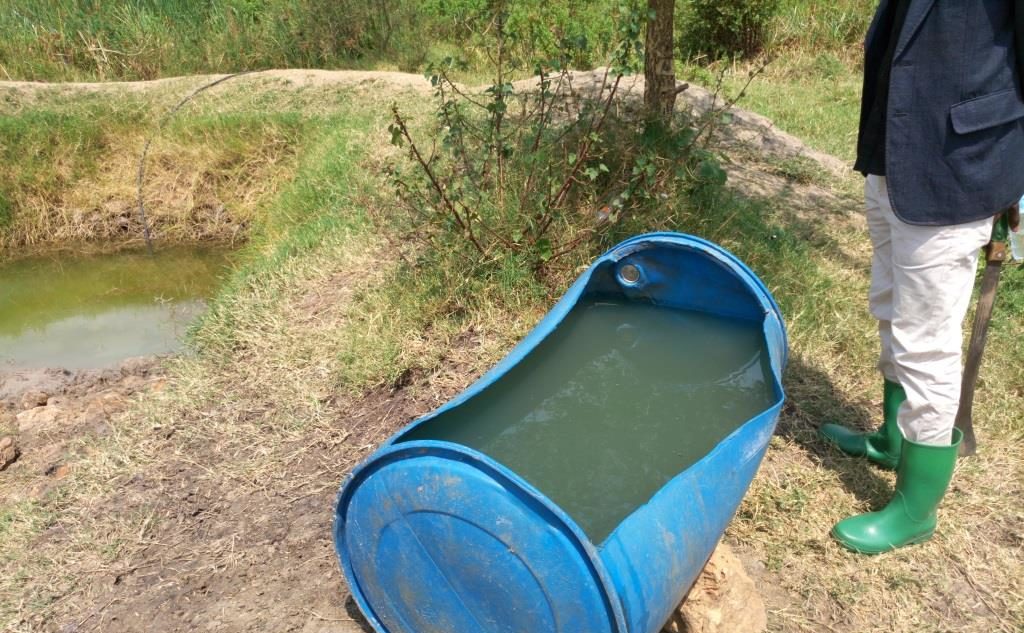People are so used to being lectured on the importance of engaging in Agribusiness that it achieves a kind of magical status. It’s almost as if developing an Agribusiness offers an instant cure for all money problems. But in truth, most farmers make some embarrassingly basic mistakes with their agribusinesses. Any one of those mistakes could seriously damage your ability to grow your venture.
Make a few of them, and you might as well be doomed from day one. So let’s call out these rookie mistakes, one by one. Because when you know them, you can avoid them a hell of a lot easier.
1. Money is all that matters to you.
Having money is great. With money, you can travel the world and enjoy life. You can even buy people to think on your behalf. But one thing is for sure, money will never substitute the ideas and creativity that is required to run a successful Agribusiness. It’s even worse when your main motivation comes from monetary gain rather than a passion for farming itself.
2. You don’t know your customers
If you don’t know everything about your customer, how will you figure out what they might be interested in? The answer is short. You won’t.! Sadly, without enough buying customers, you don’t have a business.
It’s essential to know your exact buyer persona. Things like their age, demographics, gender, eating habits, income and so on so forth. By so doing, you’ll grow and produce those crops that will resonate well with them as well as those that they can afford. It would be needless to say that you’ll be lucky to sell even a dozen of apples to low-income earners.
3. You don’t even have a market!
Most farmers are brilliant when it comes to growing their fresh produce successfully and getting tons and tons of harvest only to realize they don’t have a market. As damp as it may sound, unfortunately, that’s the case for most agribusiness entrepreneurs.
4. Market research is not necessary to succeed in Agribusiness
A few months ago I was training some farmers on
effective group management. I started by asking what they thought was the
simplest question ever. The question went something like, ‘in your experience,
where does the process of farming begin?’ The answers came just as I
expected. ‘Land preparation and planting,’ came out so clearly. I had a rough
time trying to convince them that they were wrong and that the farming process
has and will always start with the market.
Remember, customers will not buy because you grow, instead, you grow because they
will buy. The best way to find out is to conduct a thorough market
research before venturing into farming.
5. You look for demand when your produce has matured
The tragedy of most farmers especially in developing countries is, they have a tendency of growing let’s say cabbages and start looking for customers when the cabbages start forming the heads. This is not only sad, it’s crazy.
Because what normally follow, is what I call salting the wound in the name of middlemen at best.
Middlemen are at times likened to vultures. They are always looking out for farmers that have made the mistake of finding a market way too late, and extort them really well.
Under worst circumstances, your produce will just rot in the fields!
6. Your neighbour does it too and he or she is super successful
One’s mother always says, ‘this season let’s grow tomatoes. They will make us the most money.’ When one ask her why she thinks so, ‘because Mr. and Mrs. X did the same and went on holiday with the money they got from their tomatoes,’ is normally her answer. And she wonders why she’s so unlucky with farming. -: I bet she’s not alone.
If you are getting into the farming business because your neighbour is super-successful at it and therefore think you’ll have the same fate, I’m sorry to disappoint you. It just won’t happen.
If this is your route, soon enough all the neighbourhood will be producing the same crop creating a surplus that forces the prices to dwindle. Its happened and continues to happen with maize, tomatoes, cabbages to mention a few examples.

